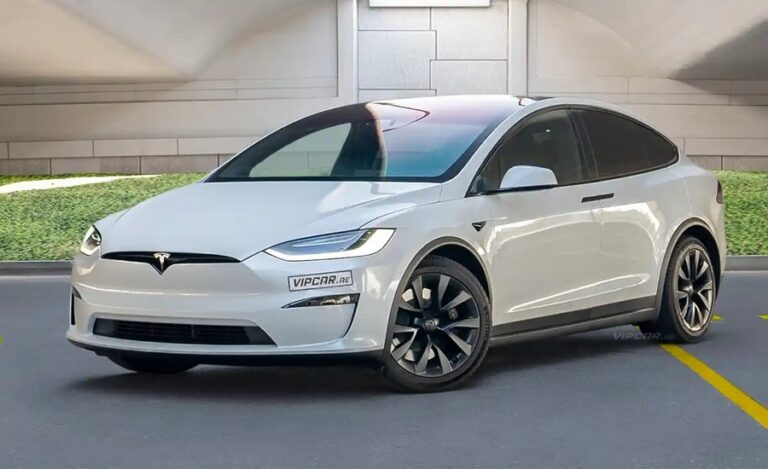Traffic Management: A Complex Challenge
Traffic management is a complex task that involves various strategies and technologies to ensure the safe and efficient movement of vehicles, pedestrians, and cyclists. With increasing urbanization and population growth, traffic congestion has become a significant problem in many cities worldwide. Effective traffic management is crucial for reducing congestion, improving safety, and enhancing the quality of life for residents and commuters.
Key Challenges in Traffic Management
- Congestion: Heavy traffic can lead to increased travel times, fuel consumption, and air pollution.
- Safety: Road accidents are a major concern, and effective traffic management is essential to prevent them.
- Environmental Impact: Traffic congestion contributes to air pollution and greenhouse gas emissions.
- Accessibility: Ensuring access for all road users, including pedestrians, cyclists, and people with disabilities, is a critical aspect of traffic management.
Traffic Management Strategies
To address these challenges, various strategies are employed to manage traffic:
- Infrastructure Improvements: Expanding road networks, building new highways, and improving intersections are common approaches to increase capacity and reduce congestion.
- Public Transportation: Promoting and improving public transportation systems can reduce the number of cars on the road and alleviate congestion.
- Traffic Signals: Optimizing traffic signal timing can improve traffic flow and reduce congestion at intersections.
- Intelligent Transportation Systems (ITS): Technologies such as traffic cameras, sensors, and variable message signs can provide real-time information to motorists and help manage traffic flow.
- Traffic Enforcement: Strict enforcement of traffic laws can deter dangerous driving and improve road safety.
- Pedestrian and Cyclist Facilities: Creating safe and accessible facilities for pedestrians and cyclists can encourage alternative modes of transportation and reduce traffic congestion.
- Congestion Pricing: Charging a fee for driving in congested areas can discourage car use and incentivize alternative modes of transportation.
Challenges and Future Trends
Despite these efforts, traffic management remains a complex challenge. Emerging trends and challenges include:
- Autonomous Vehicles: The development of autonomous vehicles could revolutionize transportation but also raise new questions about traffic management.
- Electric Vehicles: The increasing popularity of electric vehicles may impact traffic patterns and infrastructure requirements.
- Urbanization: As cities continue to grow, the demand for transportation infrastructure will also increase.
- Sustainability: Traffic management strategies must consider environmental sustainability and reduce greenhouse gas emissions.
Effective traffic management requires a combination of infrastructure improvements, technological advancements, and behavioral changes. By addressing these challenges and implementing innovative solutions, cities can create safer, more efficient, and more sustainable transportation systems for their residents.






